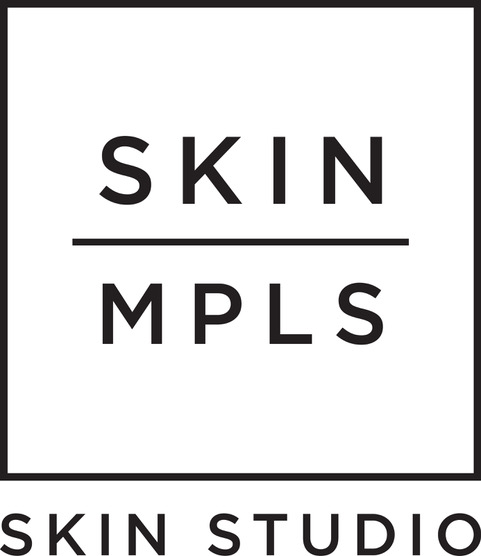What To Know About Benzoyl Peroxide And The Benzene Controversy
A year ago this month, a study came out questioning the safety of the popular acne drug benzoyl peroxide (also referred to as "BPO"). Benzoyl peroxide is a hero ingredient in treating acne with antibacterial, anti-inflammatory, and keratolytic powers – it works fast and fights stubborn breakouts. We rely on benzoyl peroxide and other acne-fighting ingredients to help our acne-prone clients, so we have been closely following the news on it. If you are seeing some controversy about benzoyl peroxide products and have questions, we hope this helps you understand more.
Last year's study, conducted by an independent lab not registered with the FDA, tested 95 benzoyl peroxide-containing products and shockingly found 66 of them to have levels of benzene exceeding what the FDA deems safe. Benzene is a cancer-causing chemical, and exposure is dangerous if inhaled, used orally, or applied topically in large doses over long stretches of time. So, what does that mean for our skincare and tried-and-true acne medication?
First and foremost, the study did not include any of the products we carry. Also, several credible and FDA-registered labs immediately expressed that the "study" wasn't valid nor transparent because the tested products were exposed to abnormally extreme heat levels, above and beyond any standard stability-testing methods. This method made the tested products extremely unstable and likely raised the benzene levels results to misleadingly high levels that would create many false positive results.
Now, one year later, and after thorough and standardized stability testing of all 95 previously "tested" products, the FDA released its official findings. They had much different (and better) results, but they did find that six popular brands contain benzene levels above the acceptable FDA limit. Those brands are now voluntarily recalling their products.
Should you be concerned about using benzoyl peroxide?
The FDA and the companies removing these products from their shelves still claim it is safe to use what you have at home, so that says there is no imminent danger. The FDA also notes that even decades of exposure to these products that failed their testing would be unlikely to ever develop cancer caused by the amount of benzene exposure, so there is no need to worry.
Skin MPLS' stance
When choosing skincare products, professional brands are better known for their stability and quality because they manufacture on a smaller scale and because professionals rely on their effectiveness and safety. After that misleading study came out last year, Vivant Skincare included this quote as part of their communication, "Vivant is an FDA-approved laboratory, and as such, manufactures under the guidelines of the FDA, using USP (United States Pharmacopeia)-grade ingredients, which are required to be 99.9% pure. Our products undergo rigorous testing to ensure high standards of purity and safety designed to meet or exceed FDA guidelines. Additionally, we hold a patent for the stabilized form of benzoyl peroxide."
The team at Skin MPLS is always willing to use, and does use, everything we sell on our skin. But, for each individual, everything comes down to the risk and reward tradeoff – benzoyl peroxide is a potent ingredient with side effects. For those who do not struggle with active acne or have a very long history of aggressive acne, there is no reason to continue to use benzoyl peroxide – it's a missed opportunity when you could be using other beneficial ingredients for your skin. Just rely on it when you need it.
Also, to be extra cautious, be aware of the environment in which you store your benzoyl peroxide products. You should not store them in your shower if you take very hot showers or in direct sunlight, and they should never sit in a hot car if you're traveling or before you hit the gym. We also caution you against using expired products in general, especially those with benzoyl peroxide.
